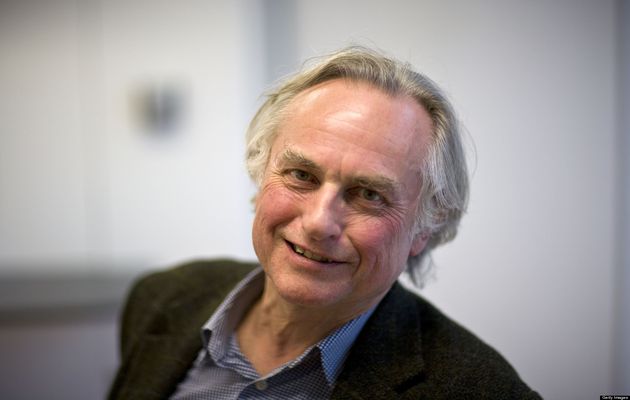British scientists believe Richard Dawkins misrepresents science
According to a Rice University study, both religious and non-religious scientists criticize the way Dawkins deals with religion.
Independent, Rice University · LONDON · 07 NOVEMBER 2016 · 16:51 CET

British evolutionary biologist Richard Dawkins is well-known for his criticism of religion, but, what do other scientists think about him?
A new Rice University study called “Responding to Richard: Celebrity and (Mis)representation of Science” has shed light on this question.
The study results appeared in a recent edition of Public Understandings of Science and are part of a larger Religion Among Scientists in International Context (RASIC) study. The RASIC study includes a survey of over 20,000 scientists from eight countries.
In the United Kingdom, 1,581 randomly sampled scientists participated in the survey, and 137 of them also participated in in-depth interviews.
“DAWKINS MISREPRESENTS SCIENCE”
Through those in-depth interviews with biologists and physicists at universities in the United Kingdom, this study examines scientists’ perceptions of the role celebrity scientists play in socially contentious public debates.
Although the researchers did not ask questions about Dawkins, 48 of the 137 scientists mentioned him during in-depth interviews without prompting, and nearly 80% of those scientists believe that he misrepresents science and scientists in his books and public engagements, because he conveys the wrong impression about what science can do and the norms that scientists observe in their work..
The remaining 20% of British scientists stand up for the evolutionary biologist, giving positive views. One said that Dawkins has “quite an important place in society because of his criticism of creationism and intelligent design.”
“TOO STRONG ABOUT THE WAY HE DENIES RELIGION”
Both religious and non-religious interviewees said Dawkins as a “provocateur” who asserts the cultural authority of science in the public sphere.
Most of them, irrespective of religiosity, criticize Dawkins' very public and aggressive science-based criticism of religion, and would prefer a more moderate approach.
A non-religious physicist said: “He’s much too strong about the way he denies religion. As a scientist, you’ve got to be very open, and I’m open to people’s belief in religion, I don’t think we’re in a position to deny anything unless it’s something which is within the scope of science to deny.”

“DAWKINS HAS GONE TO A CRUSADE”
Dawkins has “gone on a crusade, basically. Although there is a lot of truth behind what he says, he does it in a way that I think is deliberately designed to alienate religious people”, another professor of biology pointed out.
Although scientists “may even view belief in a deity as irrational, they do not view questions related to the existence of deities or ‘the sacred’ as within the scope of science”, explained David Johnson, an assistant professor at the University of Nevada in Reno and the paper’s lead author.
PROMOTION OF SCIENCE OVER SCIENTIST
Elaine Howard Ecklund, the study’s principal investigator and the Herbert S. Autrey Chair in Social Sciences at Rice, emphasized that none of the scientists interviewed questioned Dawkins’ integrity as a scientist.
“In general, scientists in interviews emphasized promotion of science over the scientist, diplomacy over derision and dialogue over ideological extremism”, she said.
“The best science communication does not begin with insults and arrogance, It encourages curiosity, open-mindedness and appreciation for science”, Johnson concluded.
REACTION TO STUDY
A spokesperson for the Centre for Inquiry, which is currently merging with Dawkins' Foundation for Reason & Science, talked to newspaper Independent about the study.
"It’s certainly not a breathtaking revelation that fewer than 40 scientists out of 137—culled from a pool of over 20,000—might not be fans of Professor Dawkins’ particular approach to science communication”, he stated.
And added: ”It was not so long ago that scientists were decrying the science popularisation of Carl Sagan, and even today there are some who take issue with Neil deGrasse Tyson, Bill Nye, and others."
Published in: Evangelical Focus - science - British scientists believe Richard Dawkins misrepresents science
